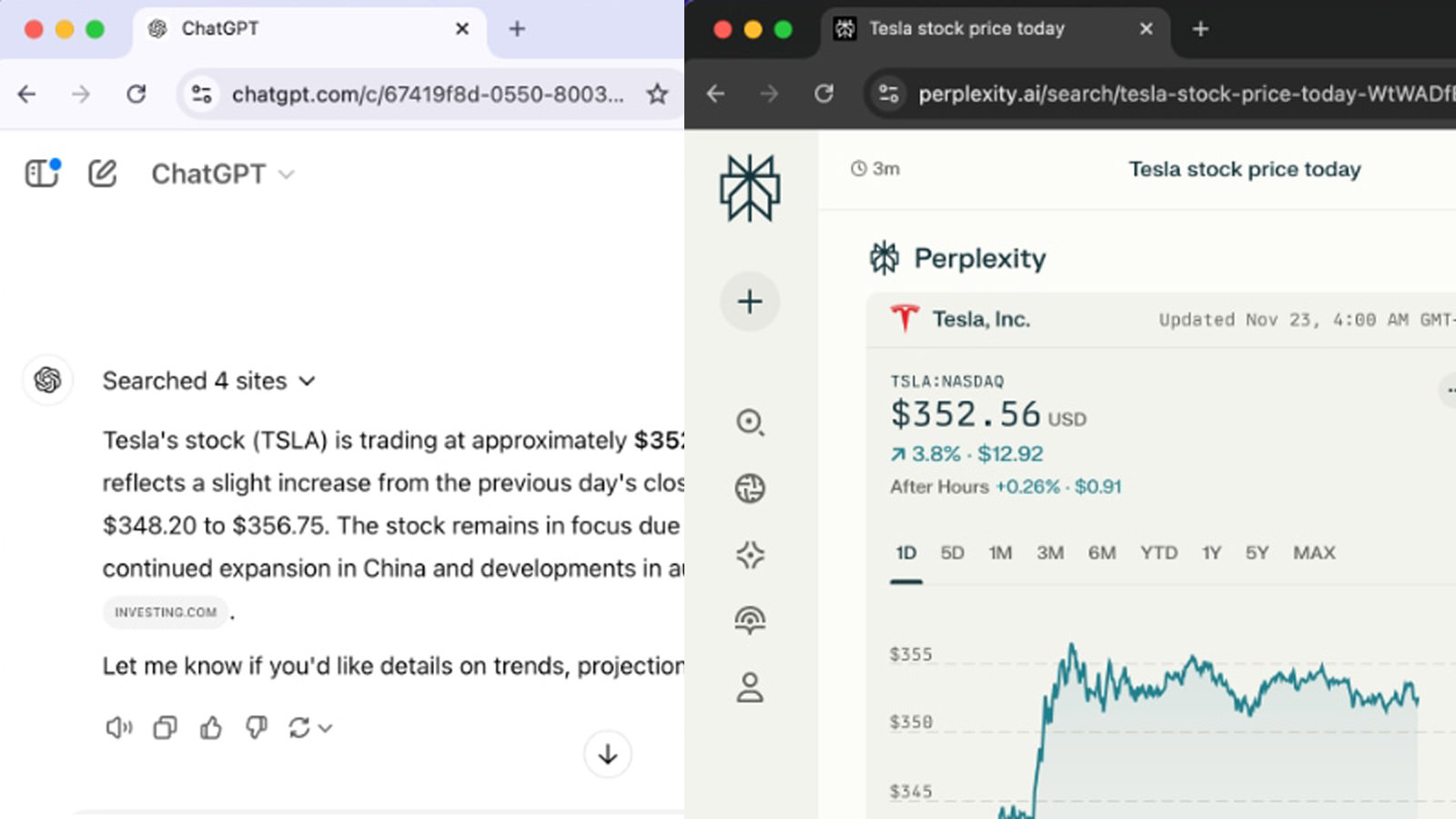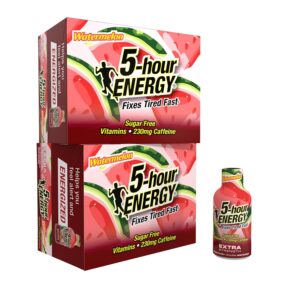Search engines have been a go-to for finding information, alternatively artificial intelligence has made them smarter and more useful.
Instead of simply showing a list of links, AI-powered search engines now provide answers that actually feel more personal and detailed. They can handle superior natural language questions, allowing them to understand what you mean and send results that are compatible with what you’re really looking for.
In this article we will read how OpenAI with ChatGPT Seek and Perplexity AI handle different types of searches: navigational, informational, transactional, local, knowledge and real-time.
Prerequisites
Since OpenAI is naturally not a search engine, I like to suggest configuring OpenAI Search for your browser. Check out our article on the best way to use ChatGPT without delay in Chrome and Arc Browser. This will help you use OpenAI Search simultaneously for your browser, making it easier to access and use. Once we have all this organized, we can get started.
Browsing searches happen when you search for a particular website or Internet web page. For example, you are likely to search “Logging into Facebook” OR “CNN Home Page.” Those searches are simple, and the most productive search engine will show the correct Internet web page you are looking for in the most productive of results. In this case, I considered for “Logging into Facebook” on each OpenAI Search and Perplexity AI is displayed which provides the most productive results.
ChatGPT
When I search “Logging into Facebook” on OpenAI Search, it appears to be further conversational and provides a short summary of simple tips on how to access the web page from any browser and mobile phone type. It also provides a link to the Facebook login internet page, which isn’t quite what I expected. I was hoping for a direct link to the Internet access web page.

IA perplexity
When I search “Logging into Facebook” on Perplexity AI, provides a direct link to the Facebook login internet page in the simplest way, very similar to what you make on a traditional search engine like Google. It also provides a short summary at the bottom, along with some equivalent results such as image and video alternatives.

Final final result
Winner: IA perplexity
I think Perplexity AI is healthier for browsing searches because it provides a direct link to the Internet web page I’m looking for in the most productive result. The short summary is in no way vital as I am already familiar with the web page I am looking for.
2. Information searches
Informational searches happen when you search for information on a decided topic. For example, you’ll likely look for something not uncommon like “what is the capital of Indonesia” or a further sophisticated query like “simple tips on how to make donuts.” In this case, I tried “simple tips on how to make donuts” to see which search engine provides the most productive results.
ChatGPT
When I looked for “simple tips on how to make donuts” on OpenAI Search, provided a recipe for making donuts, mentioning some resources. On the other hand, details on the exact measurements of the elements were missing. For example, what selection of sugar spoons would I like?

IA perplexity
Perplexity AI provided a further detailed recipe, along with two alternatives with exact measurements of the elements and additional complete instructions. It also incorporated an educational YouTube video, which was once a delightful touch.

Final final result
Winner: IA perplexity
Perplexity AI is healthier for information searches. It understands what I’m looking for and provides more detailed information on simple tips on how to make donuts.
3. Transactional research
Transactional searches happen when you are looking to purchase something or complete a transaction. For example, you are likely to search “buy iPhone 13”, “book a flight to Paris”OR “I’d like to give my desk a boost. Have the same opinion and I will find everything I want to acquire. I tried the latter to see which motor works best.
Final final result
Winner: Necktie
Each ChatGPT and Perplexity AI provide similar results. They check off list items and offer summaries of what I might want to give my desk a boost.


Perplexity AI simply introduced in recent years a professional search functionality that aims to strengthen the shopping experience, but it is no longer widely available however. For now, everyone is equally superb.
4. Local searches
Local searches happen when you search for companies or services and products that concern you. For example, you are likely to search “Japanese food challenges me”, “dentist in Singapore”OR “Gas stations are open now.” In this case, I tried “Japanese food puts me to the test” to see which search engine provides the most productive results.
Local search is decided by the ability to determine the location provided. It is recommended to simply allow browser location permission from Settings.
ChatGPT
When I looked for “Japanese food puts me to the test” on OpenAI Search, it provided a list of Japanese consumer products that were actually not just about me. For example, it is useful to consume food “San Jose”even assuming you were nowhere in that area.

IA perplexity
Perplexity AI initially showed similar results to OpenAI Search. Its useful consumption puts almost “New Delhi”which is once again wrong. On the other hand, after enabling location permission in my browser, how Japanese consumption should be displayed puts me right in front of it. What’s even better is that it includes brief details about the eating locations, whether they allow dine-in or take-out, the price level, and alternatives such as halal foods. It also showed equivalent results, along with a map and menu images, which was once very useful.

Final final result
Winner: IA perplexity
Perplexity AI clearly wins this round with its location-based results and more useful details.
5. Real-time knowledge and research
Real-time knowledge and searches happen when you search for the latest information on a topic. For example, you are likely to search “The value of Tesla shares today”, “what is the result of the elections today”OR “What will the weather be like today?” In this case, I considered for “The value of Tesla shares today” to see which engine works best.
ChatGPT
ChatGPT produces adequate results. It presents the prevailing value of Tesla stock, which seems about right, along with a brief summary of how best the company is performing as a whole.

IA perplexity
Perplexity AI provides a further detailed finishing result. It presents the prevailing value of Tesla stock along with an interactive chart. The chart allows you to view the stock’s value across different events of the day, along with a level of capability that ChatGPT no longer offers.

Final final result
Winner: IA perplexity
Perplexity AI is healthier for real-time information and searches, thanks to its detailed results and interactive choices.
Conclusion
Perplexity AI is the winner in 4 of the 5 categories we’ve explored right here. It is superior for navigational, informational, local, knowledge and real-time searches. If qualified search functionality becomes available to all consumers, it could outperform even in transactional searches.
With Google having long dominated search, it’s interesting to see how tools like Perplexity AI are raising the bar. OpenAI and Google will want to innovate further to manage this rapidly evolving space.
The published AI search engine Compared to: OpenAI vs. Perplexity AI appeared first on Hongkiat.
Supply: https://www.hongkiat.com/blog/openai-vs-perplexity-ai-search/
[ continue ]
wordpress Maintenance Plans | wordpress hosting
Read more













